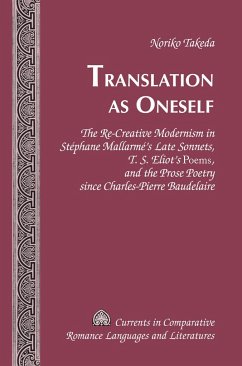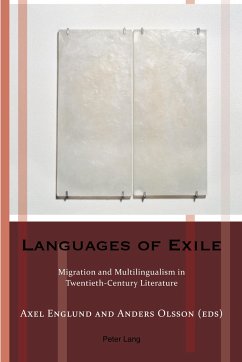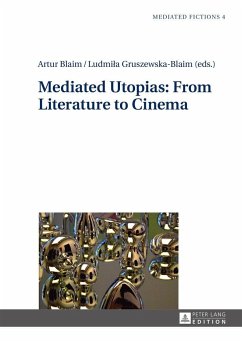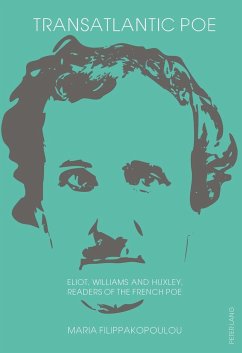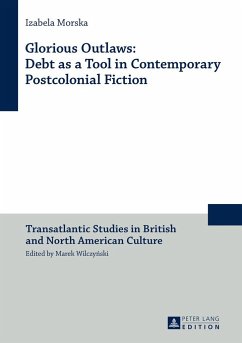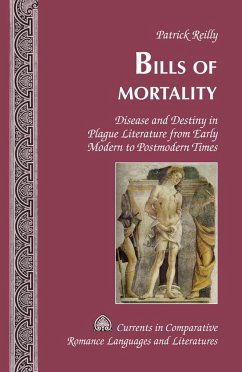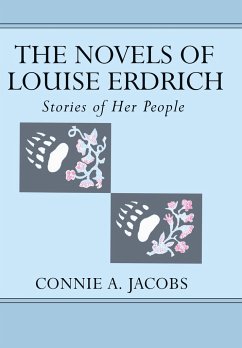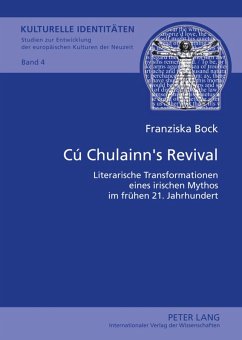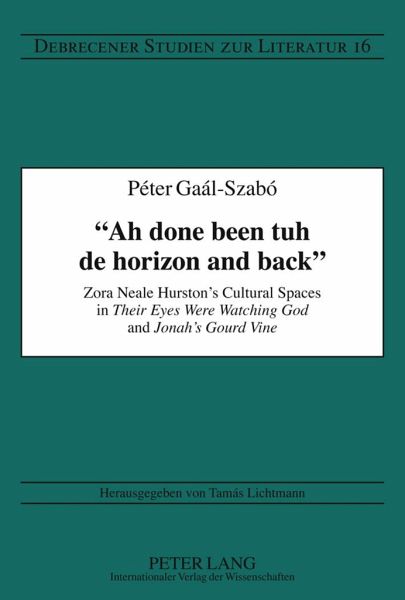
'Ah done been tuh de horizon and back'
Zora Neale Hurston's Cultural Spaces in "Their Eyes Were Watching God" and "Jonah's Gourd Vine"
Versandkostenfrei!
Versandfertig in 6-10 Tagen
36,55 €
inkl. MwSt.

PAYBACK Punkte
0 °P sammeln!
The book investigates African American writer and anthropologist Zora Neale Hurston's cultural space. More specifically, different aspects of the interplay of space and place are studied in two of her novels: Their Eyes Were Watching God (1937) and Jonah's Gourd Vine (1934). Besides representing the peak of her art as a novelist, the novels present fine examples of her philosophy of culture, her conceptions of space, and ways of place construction. The richness and vitality of her novels denote a particular view of culture and an African American way of authentication that enable her to constr...
The book investigates African American writer and anthropologist Zora Neale Hurston's cultural space. More specifically, different aspects of the interplay of space and place are studied in two of her novels: Their Eyes Were Watching God (1937) and Jonah's Gourd Vine (1934). Besides representing the peak of her art as a novelist, the novels present fine examples of her philosophy of culture, her conceptions of space, and ways of place construction. The richness and vitality of her novels denote a particular view of culture and an African American way of authentication that enable her to construct a fulfilling cultural universe for the individual, with/despite inbuilt tensions. The cultural space Hurston establishes is embedded in an African American cultural context associated with the South. At the same time her cultural space proves to be diverse, due to inward heterogeneity and external contexts.



